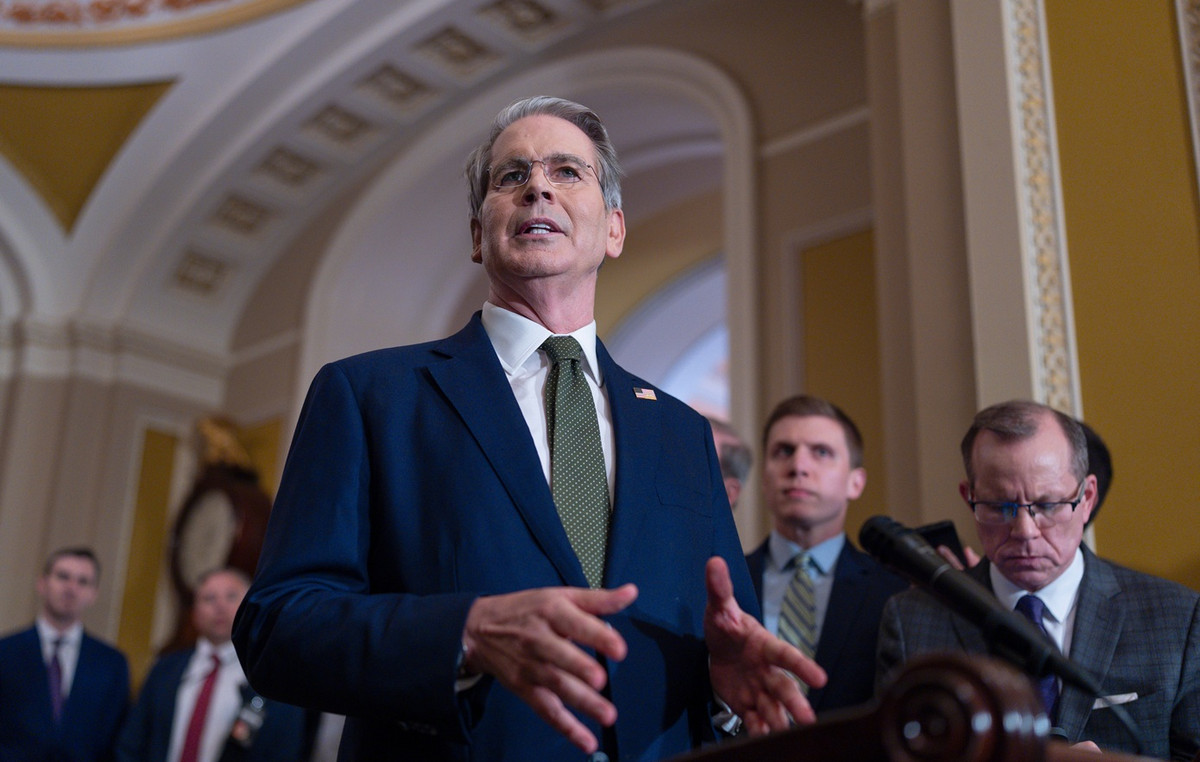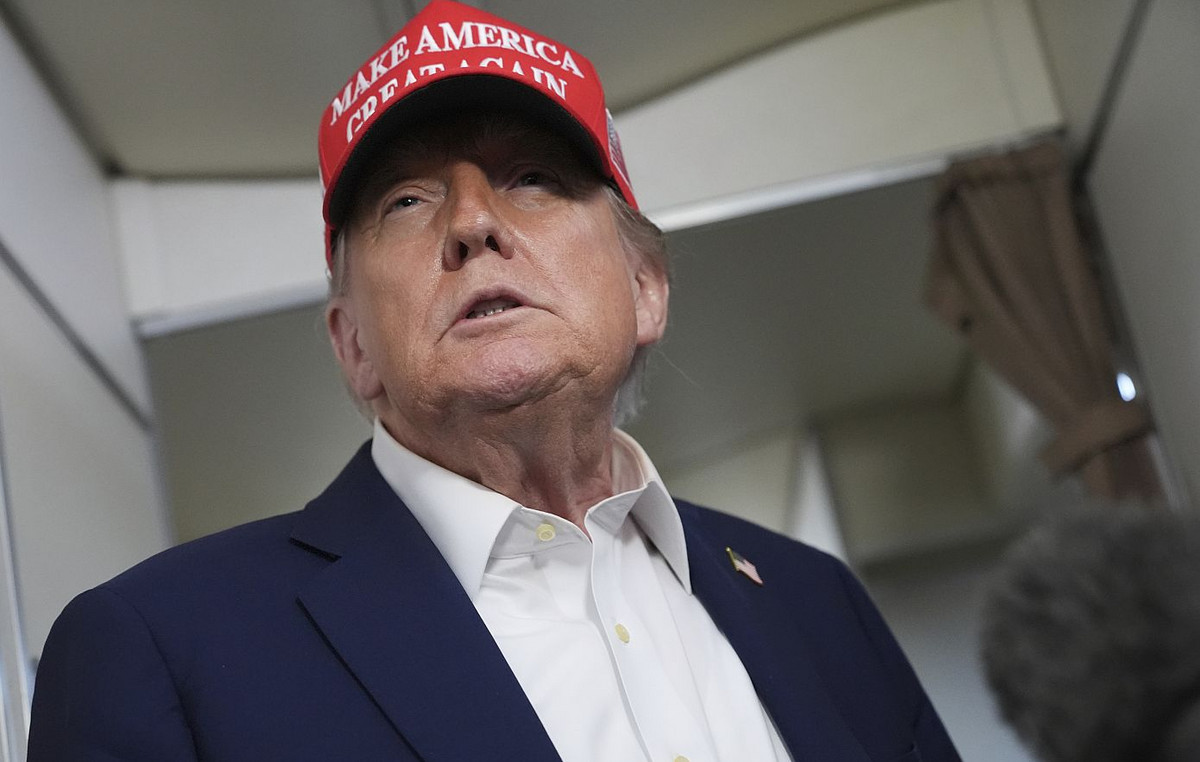The federal government returned to study the reduction or exemption of the IPI (Tax on Industrialized Products) to try to contain the escalation of prices in the economy.
The possibility was mentioned by the Minister of Economy, Paulo Guedes, on Tuesday, in a virtual participation in an event organized by Credit Suisse.
“This increase in revenue will not be left in the hands of the obese state. If they don’t want to reform the IR, let’s lower indirect taxes,” he said.
The reduction of the IPI is an old agenda on the minister’s agenda, and comes at a time of pressure to reduce the price of fuel, in which the economic team is studying possibilities to eliminate taxes on gasoline and, mainly, diesel.
The IPI is one of the most interventionist taxes in Brazil, according to tax expert Romero Tavares, PHD in taxation and a partner at PWC. Heard by CNN economics analyst Priscila Yazbek, he explains that the tax varies a lot from product to product and many of the special regimes that we have in the economy today fall under the IPI, which provides special rules for various sectors and various products, similar to what happens with PIS and Cofins.
The Manaus Zone is an example, where companies benefit from the tax reduction.
Tavares also says that the country has been living with what he calls IPI distortions for so long, that it is difficult to deal with this type of taxation, both for companies and for the government itself, which would lose revenue.
An eventual decrease in collection, however, could reduce prices for the final consumer, in addition to increasing direct investments.
The negative side, according to the expert, is the fact that this discussion is seen as a political motivation. Without a transparent economic analysis and outside of a larger tax reform project. “This ends up generating enormous legal uncertainty”, he says.
The discussion about the reduction of the IPI, according to him, is being used to pressure governors to reduce the ICMS on fuels.
Impacts on collection
The government collected BRL 71 billion with the IPI in 2021. Tobacco and beverages, which would not be exempted, represent around BRL 10 billion. Of the remaining R$ 60 billion, the government discussed a reduction of 10% to 50%, some speak of exemption.
If it were restricted to 50%, the measure would generate an impact of R$ 30 billion to the public coffers. An impact considered relevant, and that would also impact the coffers of states and municipalities, since a part of the IPI is passed on to subnational entities.
*Posted by Ligia Tuon, with information from Priscila Yazbek
Source: CNN Brasil
I am Sophia william, author of World Stock Market. I have a degree in journalism from the University of Missouri and I have worked as a reporter for several news websites. I have a passion for writing and informing people about the latest news and events happening in the world. I strive to be accurate and unbiased in my reporting, and I hope to provide readers with valuable information that they can use to make informed decisions.







